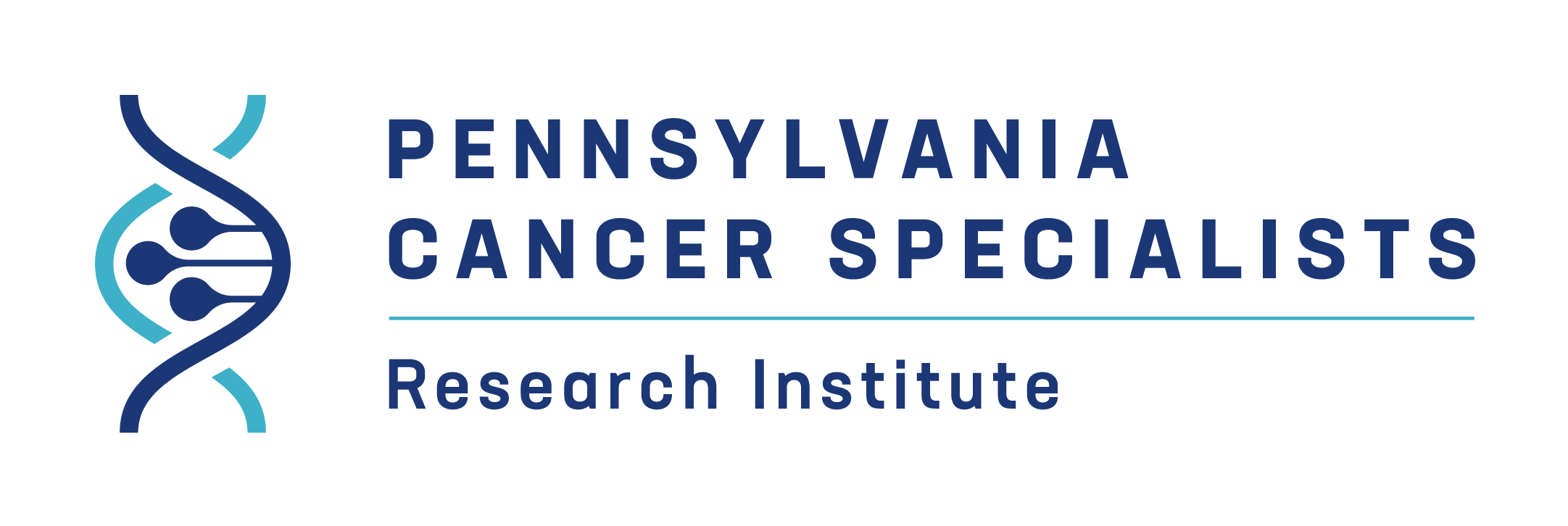Advances in Medical Oncology: Latest Treatments Transforming Cancer Care
A cancer diagnosis can feel overwhelming, and for many, the journey through treatment is filled with uncertainty. But thanks to remarkable strides in medical oncology, hope is brighter than ever. Advances in cancer treatment are not just improving survival rates—they’re changing the entire landscape of care, making it more personalized and effective.
From groundbreaking therapies to innovative techniques, medical oncology continues to evolve, offering patients across Pennsylvania access to the latest tools in the fight against cancer. Let’s explore how these advancements are transforming cancer care and what they mean for your journey.
Targeted Chemotherapy: More Precision, Fewer Side Effects
Chemotherapy remains a powerful tool in cancer treatment. However, advances in medical oncology have led to more targeted chemotherapy, which focuses on cancer cells while minimizing harm to healthy cells. By better understanding the genetic mutations in different cancers, medical professionals are now able to customize chemotherapy treatments, making them more effective and reducing common side effects like nausea and fatigue.
Benefits of Targeted Chemotherapy:
- More focused on cancer cells
- Reduced side effects compared to traditional chemotherapy
- Personalized treatments based on genetic testing
Immunotherapy: Enhancing the Body’s Defenses
Immunotherapy continues to be a game-changer in cancer care. By boosting the body's immune system, it helps fight cancer in a less toxic way than traditional treatments. Advances in immunotherapy have led to better ways to harness the immune system’s power, resulting in therapies that offer patients new hope, particularly those with cancers that were once considered untreatable.
Benefits of Immunotherapy:
- More targeted treatment with fewer side effects
- The potential for long-lasting effects and remission
- Expands treatment options for difficult-to-treat cancers
Outpatient Infusion Services: Easier Access to Care
One of the most impactful advances in oncology is how patients receive their treatments. Outpatient infusion services have made cancer care more accessible and less disruptive. At facilities like PCSRI, patients can receive chemotherapy, immunotherapy, and supportive care such as hydration therapy and anti-nausea treatments—all in a comfortable outpatient setting close to home. This means fewer trips to the hospital and the ability to maintain more of a regular routine during treatment.
Benefits of Outpatient Care:
- Receive treatments close to home
- Maintain a sense of normalcy during treatment
- Fewer disruptions to daily life
With outpatient services, the treatment experience is becoming less invasive and more patient-friendly, helping to alleviate the stress and burden often associated with cancer care.
Clinical Trials: Accessing the Latest Innovations
Clinical trials are critical to the ongoing progress in cancer treatment. These trials give patients access to the latest therapies and treatments that may not be available to the public. While clinical trials are a cornerstone of new cancer therapies, recent trials focus on combining existing treatments to maximize their effectiveness. Through clinical trials, patients have the opportunity to try therapies that could significantly improve their chances of remission or even cure.
Benefits of Clinical Trials:
- Access to cutting-edge treatments and therapies
- Contribute to the future of cancer care
- Help improve treatment options for others
Supportive Care: Improving Quality of Life During Treatment
Cancer treatments can take a toll on the body, but advances in supportive care have greatly improved patients' experiences. Supportive care like IV hydration, pain management, and anti-nausea therapies ensure patients are comfortable throughout their treatment. Many of these services, including hydration therapies and medications to manage symptoms, can now be offered in outpatient settings, allowing for faster recovery and a better quality of life.
Benefits of Supportive Care:
- Alleviates side effects of cancer treatment
- Improves overall comfort and recovery
- Helps patients maintain strength and energy during treatment
Recent Advances in Medical Oncology FAQ
What are the new advances in oncology?
Recent advances in medical oncology include the development of targeted therapies and immunotherapies that have significantly improved outcomes in patients with cancer types like melanoma and non-small cell lung cancer. These therapeutic advances, often pioneered in clinical trials at major cancer centers like the Dana-Farber Cancer Institute and MD Anderson, focus on precision oncology to tailor treatments to individual genetic profiles.
What are the future trends in oncology?
Future trends in oncology emphasize precision medicine, where treatments are customized based on a patient’s genetic makeup, and the integration of artificial intelligence to predict treatment outcomes. Advances in medical oncology also include expanding the use of immunotherapy across various cancers and increasing the availability of clinical trials to explore new modalities in oncology at institutions like Massachusetts General Hospital and the Vall d’Hebron Institute of Oncology.
What are the new modalities in oncology?
New modalities in oncology include the use of advanced genomic profiling to identify actionable mutations in cancers such as breast and ovarian cancer, enhancing the effectiveness of personalized treatment plans. Additionally, there is a growing focus on combining traditional treatments with innovative approaches like inhibitor drugs and radiation therapy enhancements to improve overall survival rates for patients with advanced-stage cancers.
Why Choose PCSRI for Your Cancer Care Journey
At PCSRI, we understand that cancer care goes beyond just the treatments—it’s about offering compassionate care that focuses on the whole person.
Contact PCSRI today to learn more about how our comprehensive, patient-centered care can support you throughout your cancer journey. Let us help you take the next step toward healing.


